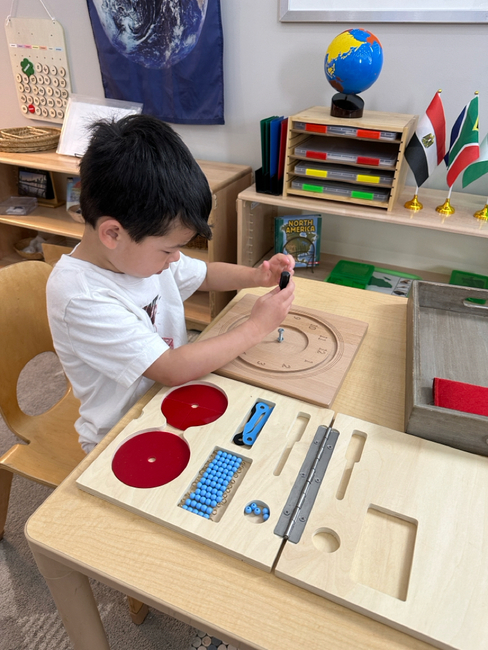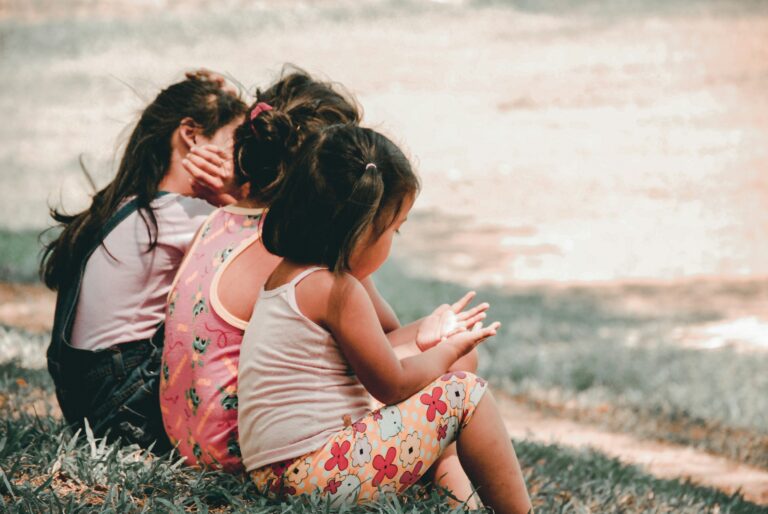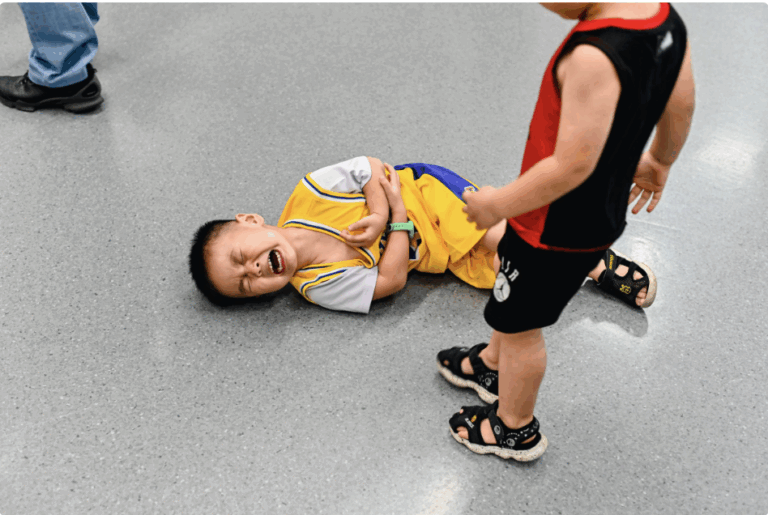Why Educate Children 5 or Younger?
Some experts suggest that “the sooner the better” for early childhood education. There is no silver bullet for a lifetime of personal and professional fulfillment. But research shows that high-quality early childhood education is a tremendous tool for promoting academic, occupational ,and social success.
What is the purpose of Early Childhood Education?
- Language and Literacy – Language is the cornerstone for literacy development. It develops a child’s enthusiasm for books and reading by teaching them how to communicate using gestures, sounds, and words.
- Thinking – Children are born with a desire to comprehend. Kids practice math basics like counting and sorting as well as problem-solving skills that they will need in school.
- Self Control – The ability to express and manage emotions appropriately is critical for academic success and overall growth. It helps kids work together, cope with frustration, and find solutions to problems.
- Self Confidence – Children who feel competent and confident are more willing to take on new challenges.
What does a High Quality Early Childhood Education Program look like?
- Small class sizes with low student-teacher ratios and adequate learning time
- Engaging classroom environments and teachers who are well-prepared
- Early childhood education standards and curriculum based on scientific research
- Academic, social-emotional, and physical progress assessments for children
- Ongoing teacher support including coaching and mentoring
- Meaningful family engagement







